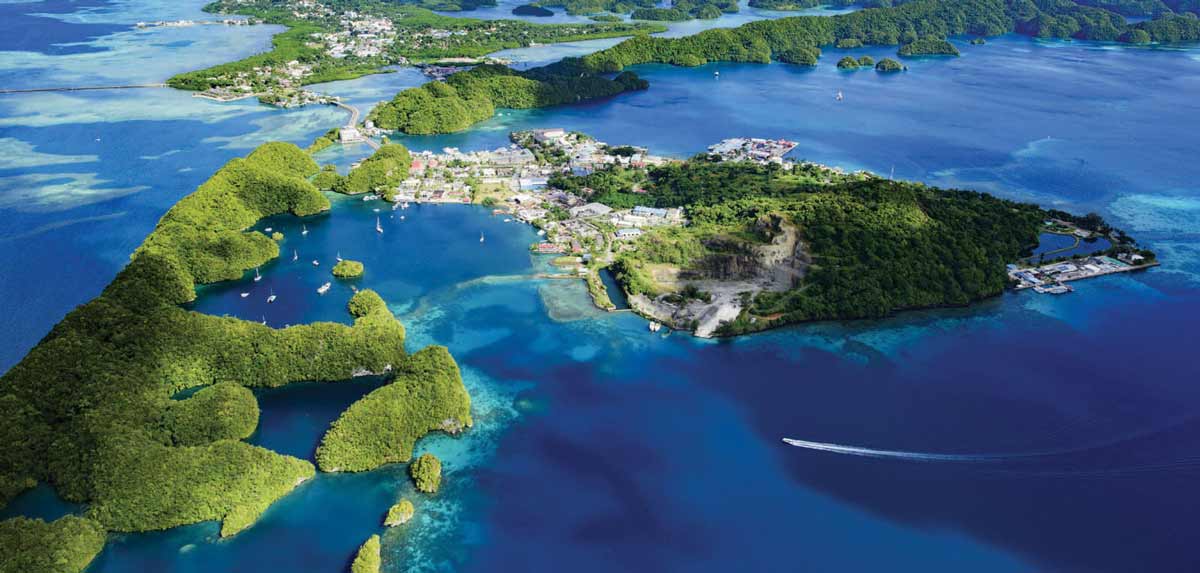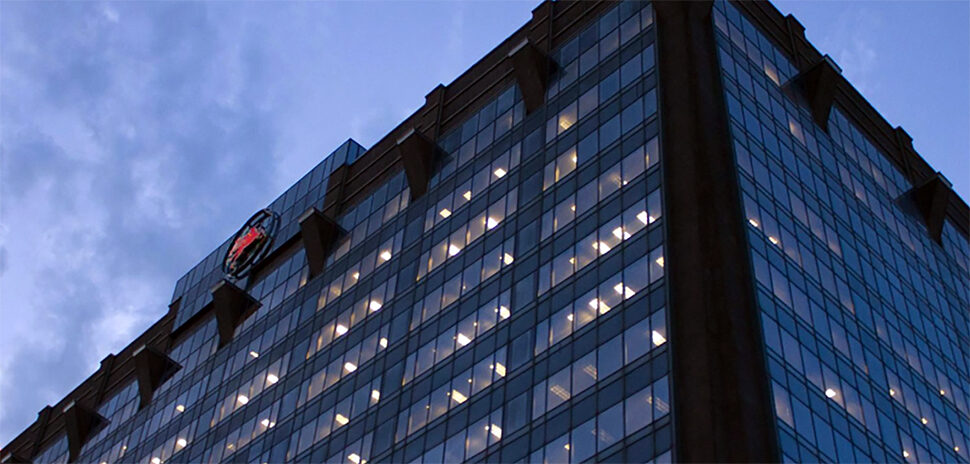This year’s Island Resilience Forum made some major headway for its goal to help communities on the front lines of climate change address the UN’s Sustainable Development Goals: Belize, Antigua and Barbuda, Fiji, Nauru, Norway, Papua New Guinea, Republic of Maldives, Republic of Marshall Islands, the Seychelles, St. Lucia, Timor Leste, Tonga, and Tuvalu formally joined the SC1.5NCE Not SILENCE campaign.
The Island Resilience Forum is the official platform for the public-private Island Resilience Partnership, which aims to help island nations build public-private partnerships to trade in their reliance on imported diesel for an energy infrastructure meant to bring sustainable and renewable energy that’s able to be developed and stored locally.
The SC1.5NCE Not SILENCE campaign is built around the IPCC (Intergovernmental Panel on Climate Change) 1.5C Report. It was launched by the Independent State of Samoa, March For Science, and the Island Resilience Partnership in Madrid at the 2019 United Nations Climate Change Conference (COP25).
Authored by global climate scientists, the IPCC 1.5C Report is currently being blocked from UN climate negotiations by various oil and gas producing nations that discredit science and its warnings, according to organizers. It’s also blocked from being welcome at the United Nations Framework Convention on Climate Change, when it could be used to inform international climate change negotiations, they say.
To the climate change leaders, this is unacceptable.
That’s why the Island Resilience Partnership got together with March For Science, the Alliance of Small Island States, and YOUNGO to co-host the Island Resilience Forum: SC1.5NCE Not SILENCE.
Dallas-based March For Science is the world’s largest grassroots community of science advocates. The Alliance of Small Island States (AOSIS) is a coalition of 44 small island and low-lying coastal developing states that’s known as a ‘voice for the vulnerable.’ YOUNGO is the official youth constituency of the United Nations Framework Convention on Climate Change.
“Momentum is growing and we hope to see new and revised climate plans also emerge this year aligned with the findings of the 1.5C Special Report. This in turn will invigorate stronger political support for actions at COP 26 that reflect the Report’s urgency,” Ambassador Janine Felson, the deputy chair of AOSIS, said in a statement. “These are critical steps in ensuring that we achieve global net neutrality by 2050.”
Island Innovation, PVBLIC Foundation, and EarthX also partnered in the event.
The forum was designed to build support for the SC1.5NCE Not SILENCE campaign, per a news release. The intent is to mobilize world leaders and national governments that can publicly champion the IPCC 1.5C Special Report and its climate goals.
“Youth leaders across the globe must work with their governments to secure political support for the 1.5C Special Report so that COP26 does not have the same shameful fate,” Marie-Claire Graf, the YOUNGO focal point for the Global North, said in a statement. YOUNGO is the official youth constituency of the United Nations Framework Convention on Climate Change.
According to organizers, an internationally coordinated campaign that undermines climate science is what’s causing the roadblocks for the IPCC 1.5C Special Report. But, heading into the 2021 United Nations Climate Change Conference (COP@^), which is in Glasgow next November, the SC1.5NCE Not SILENCE movement has started gaining the tangible support and traction necessary to implement real change.
“As the global community confronts the dual existential threats of the climate crisis and coronavirus, it is imperative that the world unites behind the science and scales proven partnerships to achieve transformative progress,” said Prime Minister Tuilaepa Aiono Sailele Malielegaoi from the Independent State of Samoa during the Island Resilience Forum. “I encourage other countries to publicly support the IPCC 1.5C Special Report heading into COP26 and join the SC1.5NCE Not SILENCE campaign so that we can collectively strengthen global resilience before it is too late.”
Last year, we told you about the inaugural Island Resilience Forum, which was hosted in Dallas at EarthX 2019.
At that event, the Independent State of Samoa’s UN Ambassador Aliioaiga Feturi Elisaia signed an MOU with GridMarket and the Island Resilience Partnership to accelerate its national transition to renewable energy and resilient infrastructure.
The MOU stated that GridMarket and the Island Resilience Partnership were committed to helping The Independent State of Samoa move to a low-cost, carbon-free future.
Now, the Island Resilience Partnership is making even more headway to help island nations transform their national energy infrastructure at no cost to governments. As Dallas native Matt Tranchin, who helped start the partnership, says, it’s all about keeping the world above water, one island nation at a time.
And while some might not expect to find an organization aimed at island resilience in this part of land-locked Texas, Tranchin simply explains: “Their future is our future.”
“When March For Science launched on Earth Day in 2017 with public demonstrations in more than 600 cities around the world, ‘unite behind the science’ was one of the original rallying cries,” Tranchin, also the president of March For Science, said in a statement. “The IPCC 1.5C Special Report has given the world something to rally around—conclusive evidence that the climate crisis required countries to take urgent action to avert the worst impacts of climate change.”
![]()
Get on the list.
Dallas Innovates, every day.
Sign up to keep your eye on what’s new and next in Dallas-Fort Worth, every day.






























